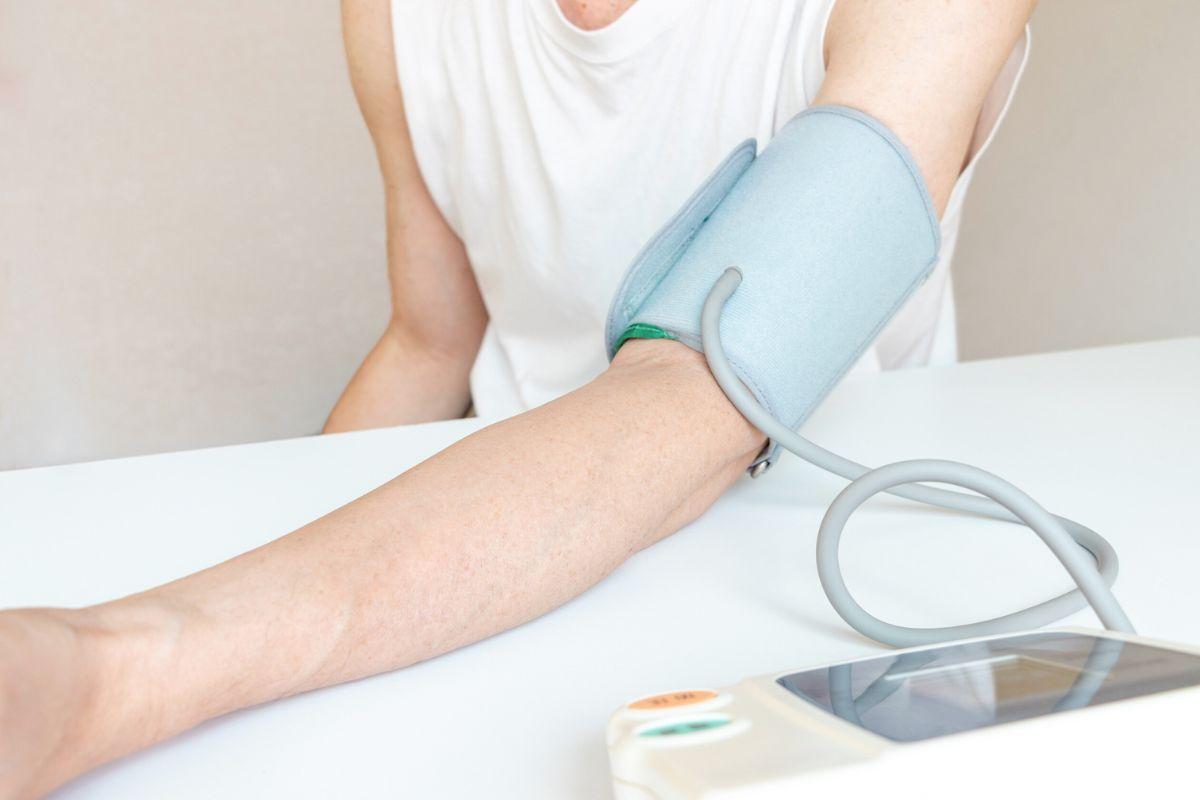Written by Dr Tom Nolan for Doctify
Welcome to my round up of the latest health research and news. This month I’m bringing you some good news about dementia, a paracetamol mythbuster, a puzzling finding about hip arthritis and some blood curdling new evidence.
Get well (just as) soon with paracetamol
Does taking paracetamol stop your immune system from working? People often tell me that’s why they don’t want to take paracetamol when they have a fever. Taking regular paracetamol doesn’t slow down recovery suggests a study published in the New England Journal of Medicine. On intensive care units in Australia and New Zealand patients with a fever were given paracetamol or a placebo. They received the same drug regularly until they were well enough to leave intensive care. Those given paracetamol recovered just as quickly as those given placebo, and there was no difference in survival rates between the two groups either.
X-ray vision not enough for hips?
If you’re over 50 and start getting hip pain all the time you might worry about osteoarthritis, or even that you might need a hip replacement one day. You might expect your doctor would be able to tell from an x-ray whether you need a hip replacement. The problem is, what your hip looks like on an x-ray doesn’t seem to tally with how much pain you’re in, as shown by two large studies United States, just published in the BMJ. Researchers matched x-ray signs of osteoarthritis with symptoms and found that only around 10-15% of painful hips have signs of osteoarthritis on an x-ray. Meanwhile only about 20% of people with x-ray signs of osteoarthritis experience frequent hip pain. The authors concluded that “in many cases, hip osteoarthritis might be missed if diagnosticians relied solely on hip radiographs”.
Happy memories
Many people worry that living a longer life might just mean living with dementia for longer. Life expectancy for someone in England aged 65 in 2011 was 85 for women and 82.5 for men according to the Cognitive Function and Ageing study. That’s about four years longer than it was in 1991. Are those four more years with memory problems though? It seems not. They also found that people were getting memory problems four years later in 2011 than they were in 1991.
Blood Curdling News
Have you ever wondered whether horror films really do make your blood curdle? Well, now we know the answer thanks to a study published in the BMJ’s Christmas issue. Researchers showed volunteers a horror movie then checked their blood to see if contained more of the things that make the blood clot, known as clotting factors. They found higher levels of one of the ingredients for clotting, factor VIII, but levels of the end product, fibrin, were the same. Think of it like making Christmas Cake, where factor VIII is the raisins, and fibrin is the finished cake. The research found that there were more raisins available after the horror movie, but the cake turned out just the same.




